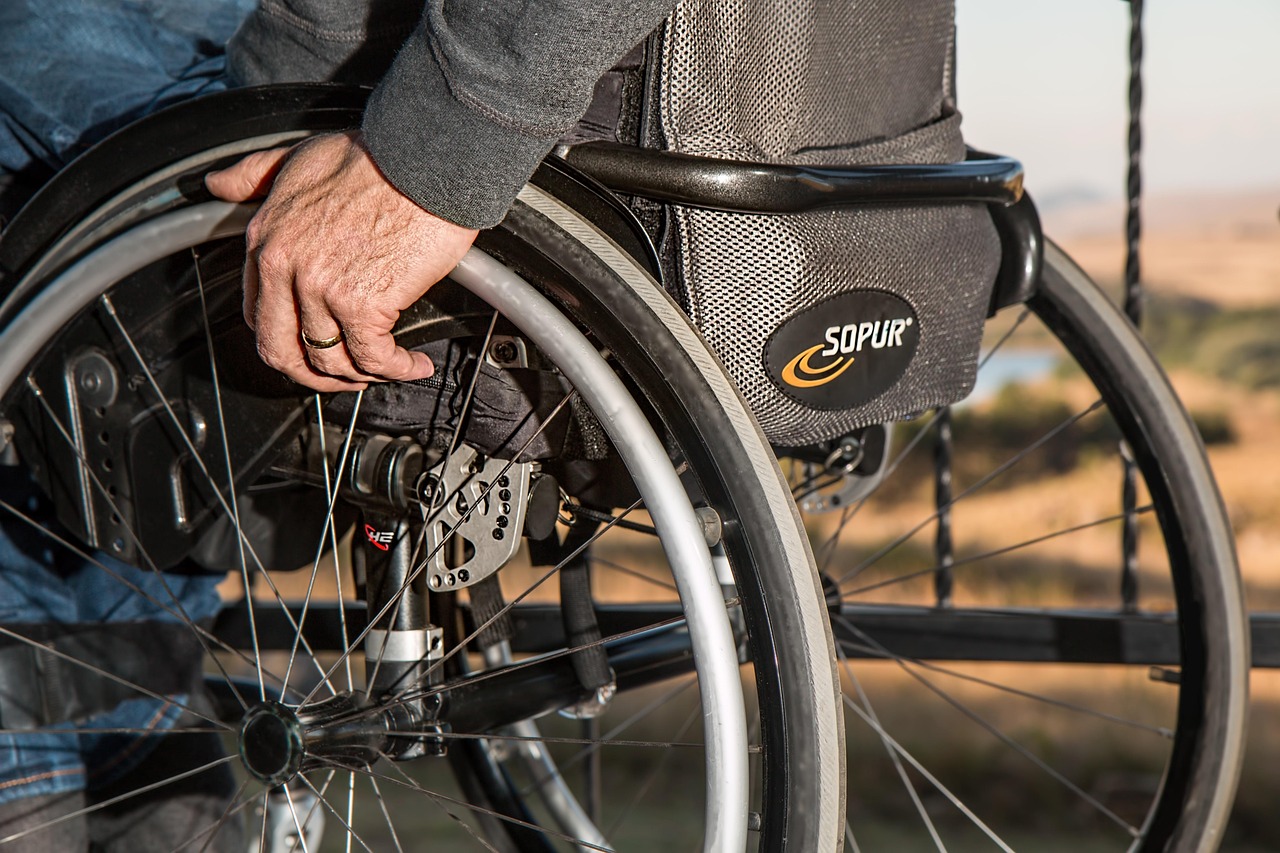Ssdi

Social Security Disability Insurance (SSDI), also known simply as “Disability,” offers monthly financial assistance to individuals who are no longer able to work due to a disabling medical condition. These benefits are designed to help qualified individuals manage everyday expenses and access healthcare while unable to earn income from employment.
If you're between the ages of 49 to 64, are not currently receiving SSI or SSD, and are unable to work due to a disability — you may qualify for SSDI. The program also considers your recent work history and medical treatment in evaluating eligibility.
This page provides detailed information about SSDI eligibility, benefits, and how to take action. If you believe you may qualify, it’s essential to understand the criteria and next steps to pursue your claim and secure financial support.
Some individuals may return to work without immediately losing their benefits. The SSDI program allows for trial work periods and gradual transitions, so you can test your ability to work again while maintaining some benefits.
If your SSDI benefits were previously terminated, you may still be eligible to restart them. Reinstatement may be possible without filing a new application, depending on your case and timing.
If you're between 49–64 years old, not currently receiving other disability benefits, and unable to work due to a disability that’s been medically evaluated within the last 12 months, you may qualify. A review of your recent work history will also be part of the process.
You could receive a monthly cash payment based on your work history. After a qualifying period, you may also become eligible for Medicare health coverage.
Yes, SSDI allows for trial work periods. You can attempt to return to work without immediately losing your monthly benefits. These programs are designed to support your transition back to employment.
If your benefits ended due to returning to work or other reasons, you may still be eligible for reinstatement. Contact a case expert to explore your options for quickly resuming benefits.